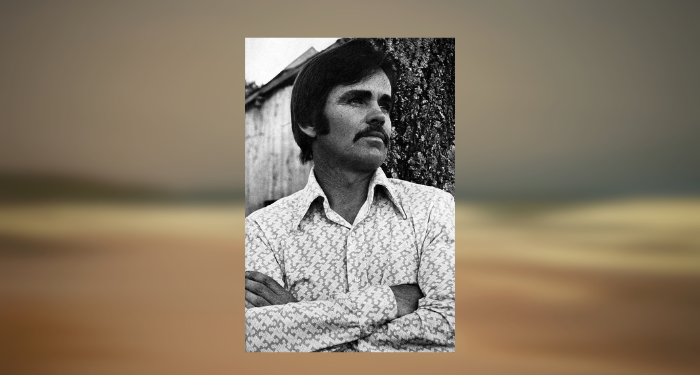
Frank, editorial director of New York Review Books, presents his essays in three parts, chronologically ordered. The text, he notes, is a working example of “descriptive criticism, as practiced by such critics as Clement Greenberg, Randall Jarrell, Pauline Kael, Elizabeth Hardwick, and Greil Marcus.” Following a preface about Dostoyevsky’s Notes From Underground (1864), which “resembles nothing so much as a swept-up heap of broken glass,” the first section encompasses works from the last few decades of the 1900s through the end of World War I, including titles by Wells, Proust, Joyce, and Thomas Mann, whose book The Magic Mountain (1924) Frank deems “a new form of the twentieth-century novel, a form born of the war whose new significance could only be fully appreciated after the war.” The middle, beginning with Mrs. Dalloway, covers a “period of astonishing invention.” In the final section, the author examines the novels of the mid- to late 1900s, from Things Fall Apart to One Hundred Years of Solitude and beyond. Frank is a dogged enthusiast whose optimism almost always wins out, often for reasons related to positive emotions. Writing about Kafka’s Amerika, for example, he comments, “The book is one ongoing disaster, yet much of it is oddly cheery in tone.” Frank’s curiosity and scope are both admirable, and his prose style is consistently punchy, despite some repetition—e.g., “Kipling was a restless man”; “Thomas Mann…is a restless man”; D.H. Lawrence was the “most restless of writers.” The most controversial thing about this book may be the appeal that it makes for its own existence. While it may strike some as gratuitous, devoted literature fans of canonical literature will relish it.









 English (US) ·
English (US) ·